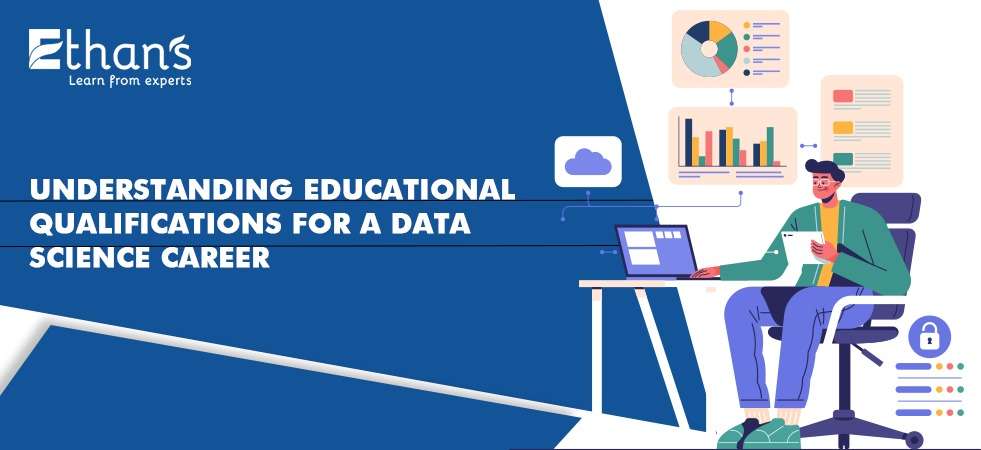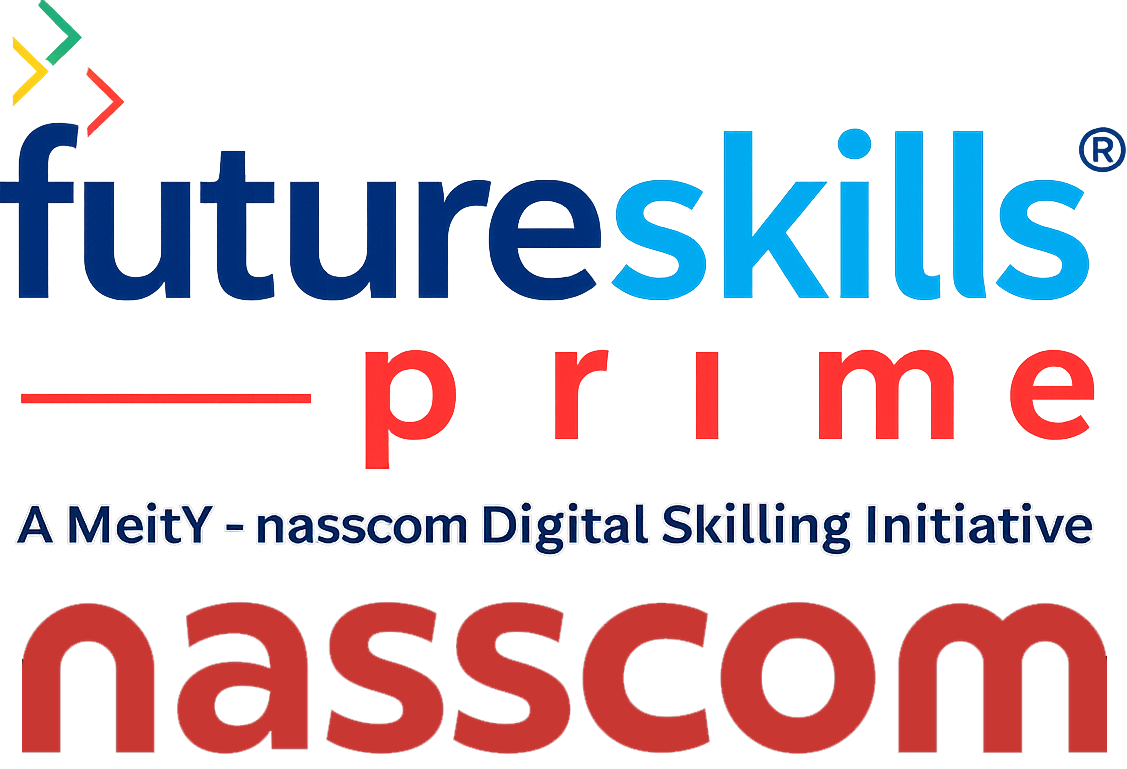What is Data Science?
A Data Science course is embarking on a thoughtfully curated educational journey. This journey intertwines various disciplines, including statistics, computer science, mathematics, and domain expertise. The goal is to equip individuals with the essential skills required to analyze, interpret, and glean valuable insights from vast datasets.
In the contemporary digital landscape, data scientists assume the role of insight architects, steering through the entire data lifecycle. From meticulously collecting and cleaning data to advanced analysis using tools like Python or R, they uncover intricate patterns and trends. These revelations, in turn, fuel innovation, streamline processes, and enhance the overall competitive edge of businesses in our increasingly data-centric world.
In essence, data scientists serve as pivotal navigators, transforming raw data into actionable intelligence. Their expertise becomes a cornerstone in strategic decision-making, fostering innovation and propelling businesses forward in an era where data reigns supreme.
Key Skills for Data Science
A successful career in data science demands a versatile skill set that spans various domains. Here’s an overview of the essential skills crucial for excelling in this dynamic field:
Programming Skills: Proficiency in languages like Python or R is fundamental for data manipulation, analysis, and modeling.
Statistical Knowledge: A solid foundation in statistical concepts allows for accurate interpretation of data and informed decision-making.
Mathematics: Mathematical proficiency, particularly in areas such as linear algebra and calculus, underpins advanced machine learning algorithms.
Machine Learning: Understanding and applying machine learning algorithms for predictive modeling and pattern recognition is essential.
Data Cleaning and Wrangling: The ability to preprocess and clean raw data, ensuring it is ready for analysis, is a crucial skill.
Data Visualization: Proficient use of visualization tools like Matplotlib, Seaborn, or Tableau to communicate insights effectively.
Big Data Technologies: Familiarity with tools like Hadoop, Spark, or Apache Flink for handling large datasets.
Database Knowledge: Competence in working with databases (SQL and NoSQL) is essential for data retrieval and storage.
Domain Expertise: Understanding the industry or domain you are working in enhances the relevance and applicability of your analyses.
Communication Skills: The ability to convey complex findings clearly and understandably to non-technical stakeholders.
Problem-Solving Aptitude: A strong analytical mindset to approach problems and devise effective data-driven solutions.
Curiosity and Continuous Learning: A thirst for knowledge and staying abreast of evolving tools and techniques is vital in this rapidly changing field.
Combining these skills provides a robust foundation for a successful career in data science, allowing professionals to navigate the complexities of analyzing and deriving insights from diverse datasets.
Educational Pathways for Data Science
Embarking on a data science career is like choosing your adventure in academia. The traditional routes — Bachelor’s, Master’s, or even the lofty PhD — offer diverse paths into this dynamic field.
Bachelor’s Degree:
Your initiation into data science often begins here. A Bachelor’s in Computer Science, Statistics, Mathematics, or a related field lays the groundwork. Think of it as your launchpad, providing essential skills and a taste of the vast data universe.
Master’s Degree:
Ready for a deeper dive? A Master’s degree, be it in Data Science or a specialized field like Machine Learning, elevates your understanding. It’s where you refine your skills, engage in real-world projects, and emerge with a more nuanced perspective.
PhD Odyssey:
For the trailblazers, a PhD is the epic saga. It’s not just about expertise; it’s about pushing the boundaries of knowledge. With a doctorate, you become a maestro in your chosen niche, contributing to the ever-expanding galaxy of data science.
Relevance of Degrees:
Now, here’s the secret sauce. Degrees in Computer Science arm you with coding prowess. Statistics degrees make you the maestro of data patterns. Mathematics degrees? They’re your toolkit for complex problem-solving. These degrees aren’t just papers; they’re passports to specialized realms within data science.
Interactive Tip:
Ready to choose your adventure? Whether you’re captivated by the logic of algorithms, the elegance of statistical models, or the infinite possibilities of coding, your journey in data science starts with the right education. So, grab your degree, embark on your odyssey, and let the data adventures begin!
Alternative Paths and Specialized Certifications
Buckle up, future data wizards! Are the traditional routes, not your vibe? Fear not, there’s a galaxy of alternative routes twinkling in the data universe, waiting for your exploration.
Boot Camps:
Picture this: an immersive, intensive experience propelling you into the heart of data science. Boot camps are like crash courses on steroids, injecting you with real-world skills and projects. It’s the express lane to transform your passion into expertise.
Online Courses:
Your data journey, your pace. Online courses are the starships of flexibility. Whether you’re balancing studies with a part-time gig or exploring data science after hours, online courses let you set the tempo. Dive into platforms like Coursera, edX, or Udacity – your virtual launchpad to the stars.
Certifications:
Here’s where you earn your badges of honor. Reputable certifications add the sparkle to your resume. AWS Certified Data Analytics, Microsoft Certified: Azure Data Scientist Associate — these aren’t just titles; they’re passports to industry recognition.
Interactive Tip:
Ready for a wild ride? Boot camps unleash your potential in weeks, online courses let you shape your narrative and certifications. They’re your golden tickets to data stardom. The best part? You’re not confined by traditional structures; you’re the architect of your data destiny. So, grab your virtual compass, choose your adventure, and let the data exploration begin!
Importance of Practical Experience
Formal education lays the groundwork for a data science journey, but the true magic happens with hands-on experience and real-world projects. It’s not just about learning theory; it’s about diving into coding, experimenting, and problem-solving in real time, gaining practical wizardry in the data realm. Real-world projects act as flight simulations, taking classroom concepts into the chaos of actual data scenarios, and transforming theoretical knowledge from textbooks into industry-ready expertise. The combination of formal education and practical skills, especially through hands-on projects, is the winning formula that propels aspiring data enthusiasts into the realm of data mastery.
Industry-Specific Educational Considerations
Certainly, let’s delve into the specific educational landscapes across different sectors, shedding light on the nuanced domain-specific knowledge needed:
Finance Sector:
Education Requirements: A strong educational foundation in finance, economics, or a related field is paramount. Degrees such as a Bachelor’s in Finance, Business, or Accounting lay the groundwork. Advanced roles often necessitate a Master’s in Finance, Economics, or an MBA.
Domain-Specific Knowledge: Financial data requires a keen understanding of economic principles, risk management, and market dynamics. Advanced quantitative skills, proficiency in financial modeling, and knowledge of regulatory frameworks are crucial. Data scientists in finance often benefit from additional certifications in areas like financial analysis or risk management.
Healthcare Sector:
Education Requirements: Healthcare data demands a foundation in healthcare administration, life sciences, or a related field. A Bachelor’s in Health Informatics, Biology, or a healthcare-related discipline is a starting point. Advanced roles may require a Master’s in Health Informatics or Public Health.
Domain-Specific Knowledge: Understanding healthcare operations, patient data privacy laws (HIPAA), and healthcare terminologies is key. Domain-specific knowledge in medical coding, electronic health records (EHR), and familiarity with healthcare analytics tools is essential. Certifications in Health Informatics or Healthcare Data Management further enhance expertise.
Technology Sector:
Education Requirements: In the tech realm, a Bachelor’s in Computer Science, Information Technology, or a related field is foundational. Advanced roles often necessitate a Master’s in Computer Science or Data Science.
Domain-Specific Knowledge: Proficiency in programming languages (Python, Java), database management, and software development methodologies is crucial. Specialized knowledge in cloud computing (AWS, Azure), DevOps, and understanding tech ecosystems is beneficial. Relevant certifications such as AWS Certified Solutions Architect or Microsoft Certified: Azure Solutions Architect Associate validate expertise.
Technology in Finance (Fintech):
Education Requirements: Blend finance and tech backgrounds with a degree in Finance, Accounting, or Economics coupled with a strong foundation in Computer Science or Information Technology.
Domain-Specific Knowledge: Understanding financial markets and products is crucial. Knowledge of blockchain technology, algorithmic trading, and financial software development is beneficial. Certifications like Certified Financial Technologist (CFT) add value.
Ethans’ Contribution to Data Science Education
Ethan’s Tech, represented by ethans.co.in, stands as a premier institute offering a spectrum of IT courses designed to equip aspiring professionals with cutting-edge skills. With a commitment to fostering excellence in the ever-evolving tech landscape, Ethan’s Tech provides comprehensive courses covering Python, Data Science, Machine Learning, Artificial Intelligence, AWS, Azure, GCP, DevOps, Hadoop, Selenium, Robotics Process Automation, and more.
For aspiring data scientists, Ethan’s Tech goes beyond traditional education by emphasizing hands-on experience and real-world projects. The institute recognizes the importance of practical skills and complements formal education with immersive learning experiences. With a focus on industry-relevant tools and technologies, Ethan’s Tech ensures that students not only grasp theoretical concepts but also gain the practical expertise demanded by the dynamic field of data science. The courses are crafted to bridge the gap between academia and industry, empowering students to emerge as proficient and sought-after data science professionals. With a commitment to excellence, Ethan’s Tech stands as a catalyst for individuals aspiring to embark on successful careers in the field of IT and data science.
Tips for Aspiring Data Scientists
For a successful career in data science, start by mastering the basics of statistics, mathematics, and programming languages like Python or R. Choose a suitable education path, be it formal degrees or online courses, and supplement your learning with hands-on projects, competitions, or contributions to open-source initiatives. Develop a strong foundation in programming and data visualization, explore specialized areas such as machine learning, and stay updated on industry trends. Network with professionals, build a portfolio showcasing your projects and actively seek internship opportunities for practical experience. Join online communities, stay curious, and adopt a mindset of continuous learning. This blend of theoretical knowledge, practical skills, and community engagement will pave the way for a thriving career in data science.
Follow us on Instargram – Ethans Tech



